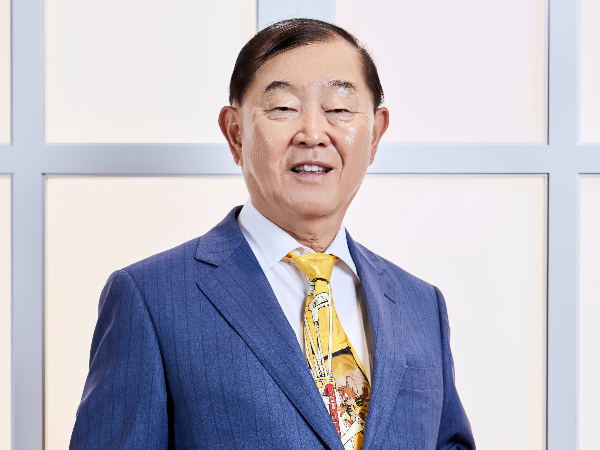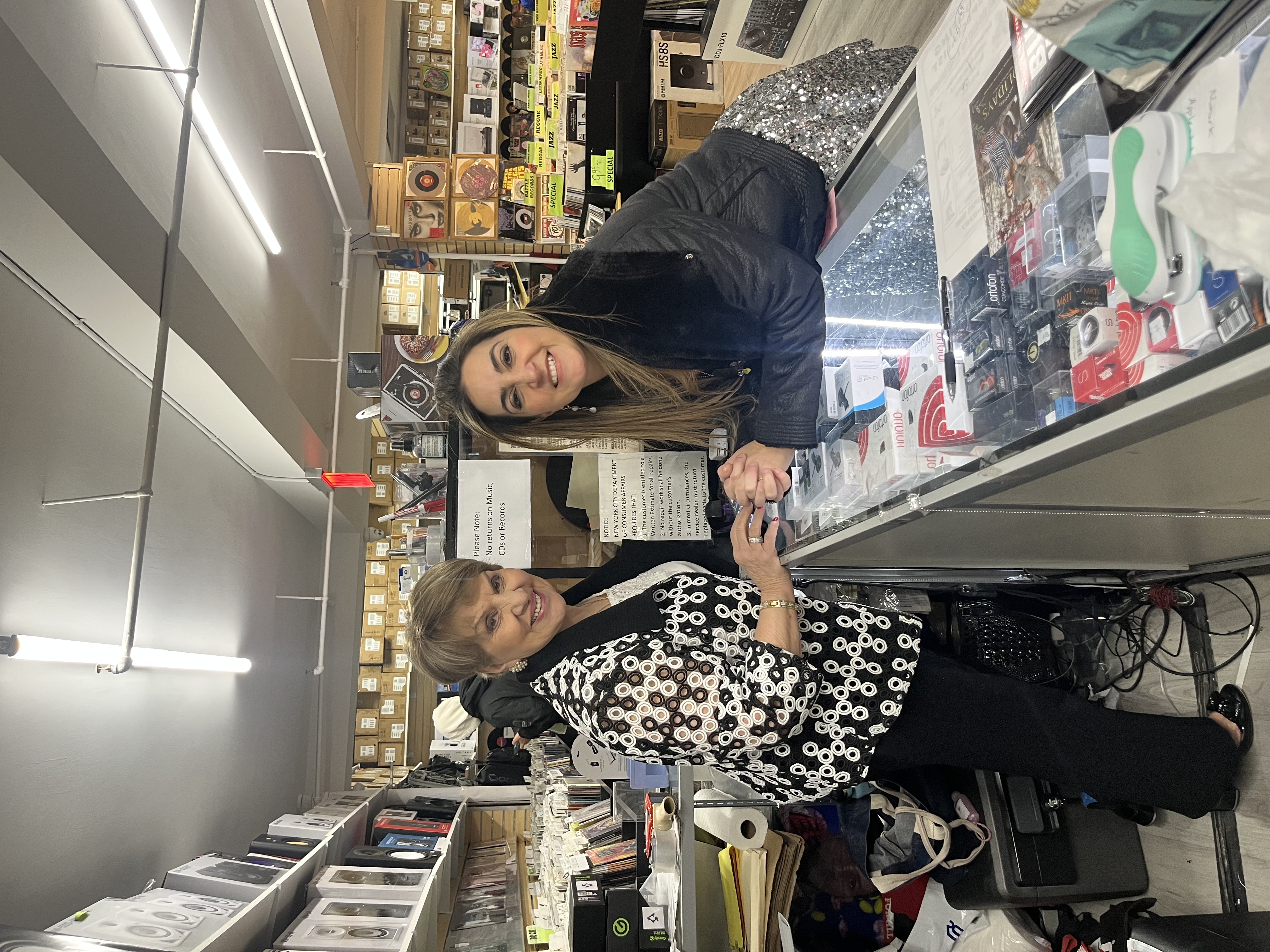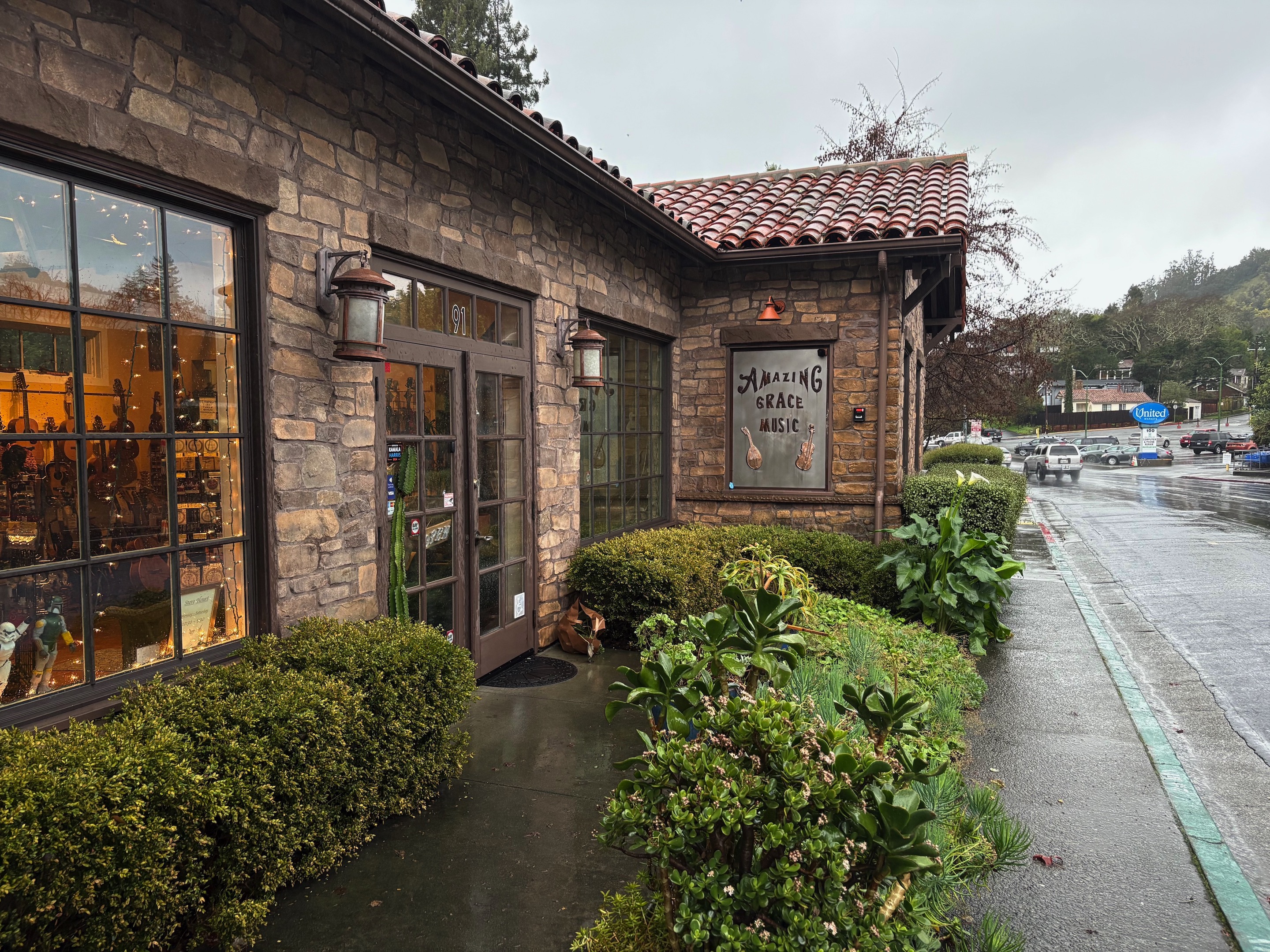
Young H. Park
HQ: Seoul, South Korea
Founded: 1973
Employees: Approximately 3,140 globally
Best selling product: When Cor-Tek was first created, Park was a 26-year-old “youngster full of big ambition and energy,” he said. “I worked very hard day and night for many years in the factory while living at the factory dorm. I can say that period was the happiest and busiest of my life.”
How do you start your day?
My daily schedule is fairly ordinary. In the morning, I come to work, just as any other person would, and start the day checking email and the news. I keep communication open throughout the day with operation managers in different departments and try my best to follow up with current agendas and issues, so that we can find the best solutions as efficiently as possible. I used to go on overseas business trips at least twenty or more times a year, visiting our factories and customers, but unfortunately, I am not able to travel much due to the pandemic situation.
How else has the virus affected your operations?
During this pandemic situation, I believe that it is very important to keep factories operating smoothly, without disruptions, to steadily supply the guitars that our customers ordered. The 3,000 employees in our factories strictly adhered to the quarantine standards outlined by the government and worked with a great amount of urgency and care to assure that the factories would not be shut down. Fortunately, due to the precautions that were taken, we have not had major delays in production or delivery. That being said, we certainly have been impacted by the pandemic.
How so?
What affected us the most was the shutdown order in the U.S., which resulted in suppliers of pickups and parts not being able to deliver their products. That resulted in production delays of certain guitars that use these items. Having learned from this pandemic situation, we plan to develop a robust system to assure that we can continue procuring materials and parts, no matter what other similar situations occur in the future.
How have sales been during the crisis?
When the pandemic started, many customers were concerned about the market situation and asked us to hold our orders. We were also very cautious about taking on and scheduling new orders. But, as time went by, orders resumed again, and it seems they are now back to the normal rate before the pandemic occurred.
Have certain lines performed better than others?
Sales of high-end guitars are still slow, but entry-level and mid-range guitars seem to be selling well amongst customers who are in a lockdown situation and see it as an opportunity to learn or play the guitar. I am hopeful that, starting in June, sales will start rising again and resume the healthy growth we have been observing.
Have you dealt with anything like this crisis before?
I built this business from the ground up and have experienced major economic and social changes and upheavals such as the oil industry collapse, the Asian currency crisis in the late ’90s, the stock market crash and the U.S.-China trade war, to name several. The current coronavirus pandemic is yet another major challenge, but it also offers an opportunity for the company to grow even stronger by learning through the crisis. I expect the business to grow to another higher level once this pandemic has passed and the world recovers.
Can you describe the relationship between Cor-Tek and the Cort guitar brand?
Cor-Tek is a manufacturing company that builds guitars for manufacturers, while Cort is Cor-Tek’s own brand of guitars that the company markets and distributes around the world. When the company was smaller in its early days, it was called Cort Musical Instrument Corp., but we decided to change the name to Cor-Tek to reduce confusion with our manufacturer customers.
How many other companies do you build guitars for?
We have solid, working relationships with over twenty other guitar manufacturers, and some of the major buyers have been working with us for over thirty years. We put a great amount of effort into maintaining those relationships. The Cort brand is a department of Cor-Tek that we treat and work with just as we would with all of our manufacturer customers.
Do Cort’s guitars ever compete with the guitars that you make for other brands?
Although over eighty percent of Cor-Tek’s business is selling to other manufacturers, those brands and the Cort brand do not really compete with each other. Cort has its own domain as a brand, with its own market identity and line of products that are differentiated from those of other brands.
How did the company start — and when did you first become involved?
My father started a musical instrument manufacturing company in Korea in the late 1950s and was a trailblazer in this field. Growing up in such an environment, I was naturally drawn to the factory and manufacturing. In 1972, the recession forced the closure of my father’s SooDo Piano Company, but the guitar manufacturing business started in 1973 in a cooperative effort with Jack Westheimer, who had been SooDo Piano’s big buyer. The company started with a small volume of three thousand units per month in the early ’80s for brands like Kramer, JB Player and Hohner.
Things have gotten much bigger since then.
The business has now grown to be an extremely large-scale manufacturing operation producing over a million guitars annually. Our business philosophy has always been about producing good quality with reasonable prices to provide value to our customers, and I believe that has allowed us to build steady and long-term relationships with them over many years.
What was your early involvement like?
When I was 26 and the company started, it was a very small factory of around fifty employees producing low-end electric guitars to supply Sears in the U.S. With the help of technicians and managers from my father’s factory, I had to learn to develop the detailed guitar manufacturing processes and management systems. It was also necessary to learn the overall concepts of managing those processes and the general operation of a factory. I soon came to realize that the experience I had at my father’s factory was very valuable in starting my own business.
Can you talk about your approach to management?
Now that Cor-Tek has become such a large-scale operation, I have department managers who are very competent in what they do, and I have my son Jun Park and other younger-generation employees who are helping to steer the company into the future. We work to develop each employee to be the best in their line of work and provide assistance and advice to further their careers within the company. I am proud to have fostered such an environment where all the employees can grow and, thus, continue to contribute in making the company grow.
Cort has some impressive, eye-catching instruments. How do you approach design?
Cort started working with internationally renowned guitar builders and artists in the 1990s to cooperate in designing and developing guitars. Some of the builders and artists we have worked with in the past include Ned Steinberger, Jim Triggs, Greg Curbow, Larry Coryell, Matt Murphy, Hiram Bullock, Joe Beck, Billy Cox, T.M. Stevens, Neil Zaza and Matthias Jabs. Most recently, we have worked with Jeff Berlin, Frank Gambale and Hugh Manson to develop and produce new guitar models. Collaborating with such builders and artists has helped us develop the specs, features and playability to satisfy players ranging from entry-level beginners to seasoned professionals. We believe their input has been very valuable in developing the cool look of Cort Guitars.
What do you see as the future of the company?
Starting as my father’s business more than sixty years ago, Cor-Tek has always been a family business, and I would like to continue working on growing it. Through the continued production of guitars, I hope that Cor-Tek can maintain its solid business and focus on sustainable long-term goals, rather than short-term results. I continue to source large quantities of exotic and high-quality woods with the hope that my son and grandchildren can use them to build many more superb guitars in the future.
Do you have a musical background?
Unfortunately, I didn’t learn to play the guitar, nor did I get into the industry as a luthier or a builder. I approached guitar manufacturing from a business standpoint and to improve productivity and efficiency — and these are the areas we invest in. To build a successful guitar company, I set out to achieve three fundamental goals: quality, price and delivery. It was very difficult at first, but industry partners and buyers put faith in my efforts and helped to grow the business.
It seems that faith has paid off.
Currently, our factories produce 800,000 electric guitars and basses, 300,000 acoustic guitars and 350,000 amplifiers on an annual basis. Since 1973, we have produced and shipped over 20 million musical instruments. My goal isn’t just to produce a high number of guitars, but to produce the highest quality premium guitars — our factories now manufacture instruments in the $2,000-to-well-over-$3,000 retail price range. Although I myself do not play, the fact that over a million guitars per year are shipped — and then played and enjoyed by over a million musicians and hobbyists all around the world — provides me enormous happiness.











